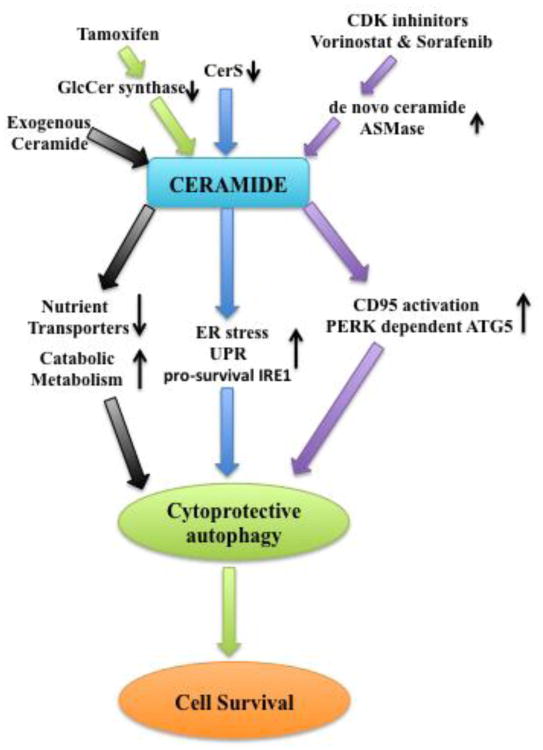Fig 3. Signaling pathways of protective autophagy that are regulated by ceramide.
Exogenous ceramide induces mild nutrient transporter downregulation, which triggers protective autophagy and enhances catabolic metabolism to maintain cell viability. Ceramide synthase downregulation, resulting in long chain ceramide accumulation, stimulates ER stress and activates pro-survival IRE1 (inositol-requiring element1), which leads to protective autophagy induction and cell death inhibition. Anti-cancer drugs vorinostat and sorafenib, as well as cyclin-dependent kinase (CDK) inhibitor, contribute to upregulation of de novo ceramide generation and acid sphingomyelinase (ASMase) activation, which leads to ceramide accumulation. Ceramide accumulation results in CD95 and PERK-dependent ATG5 activation, leading to protective autophagy induction and inhibition of cell death. Tamoxifen, which is known to inhibit GlcCer synthase, not only elevated endogenous Cer levels, but also triggered protective autophagy to delay cell death.

